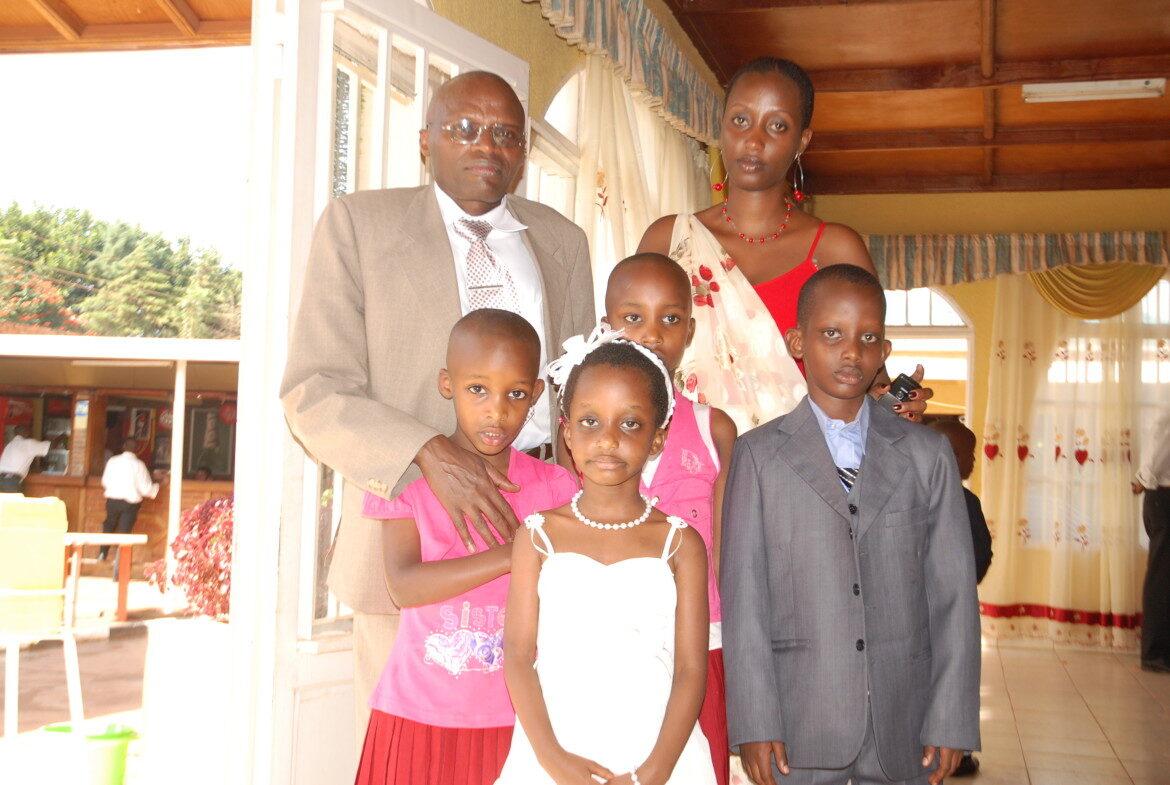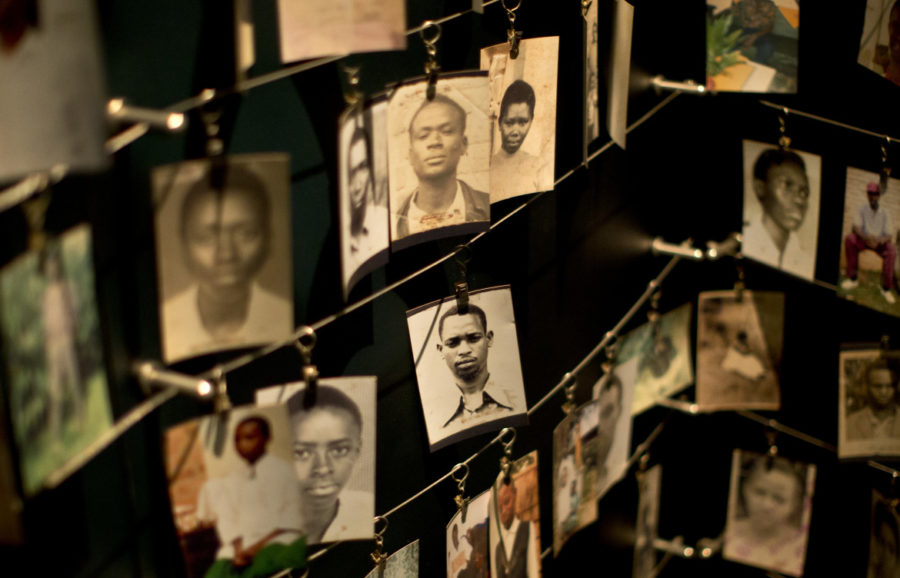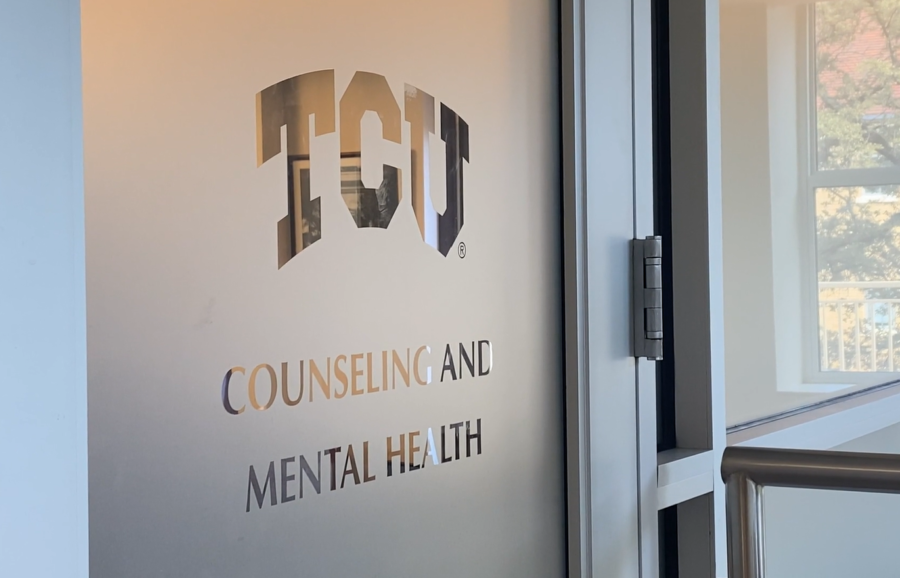Editor’s note: In 1994, an estimated 1 million people were killed in a genocide in the African nation of Rwanda. In the aftermath, thousands of women were sexually assaulted. The three attorneys who successfully prosecuted rape as a war crime will be at TCU on Thursday to discuss this shift in law. TCU 360 staff writer Yvonne Umugwaneza lived through the genocide. This is her first person account.
On April 6, 1994 late in the evening, a plane carrying the presidents of Rwanda and Burundi was shot down over Kigali, the capital of Rwanda.
Everyone on board was killed. Their deaths brought decades of ethnic rivalry between the Hutu and Tutsi to violent climax. Rwandan President Juvenal Habyarimana was Hutu. The Tutsi were blamed for his death.
Rwanda fell into total darkness for three months. More than 1 million Tutsi were killed.
My family are Tutsi. My paternal grandmother, stepmother and three half-sisters were among those killed in the genocide. My maternal grandfather, four aunts and two uncles and many cousins were slain.
I was 14 years old.
One of the many issues that arose out of the genocide will be discussed Thursday as part of the Frost Foundation Lectureship on Global Issues series. The program is set to begin at 6 p.m. in ballroom of the Brown-Lupton University Union.
Three attorneys will talk about how they worked to establish rape as a punishable war crime. Attorneys Sara Darehshori, Lisa Pruitt and Ambassador Pierre-Richard Prosper won the judgment that changed the way the world viewed rape. They will be joined by Carl Wilkens, the American who refused to leave during the genocide. June Noronha, who serves on the board of World Education services will moderate.

April 7, 1994
My aunt Josiane and her husband woke me up early. They said the president was dead and the Tutsi were being blamed.
We were Tutsi.
By the end of the day, Hutus were hunting and killing Tutsi all over the country.
The next day, my aunt and her two daughters went into hiding. I stayed with my uncle, thinking that things would get better quickly. But, Hutus were searching for my uncle. He urged me to join my aunt and cousins.
I went back to the home the next morning, only to be told there was no place for me. Instead, I was told to go to another of my mother’s sisters.
Kigali was in chaos. The gun fire was constant. People were screaming and yelling; some calling for help. The uncertainty and fear were overwhelming.
If you were Tutsi, you were running for your life. My aunts lived in the same neighborhood, streets apart. It was a quiet neighborhood where people typically greeted one another.
This journey was like no other.
I was stopped by a young man carrying a machete who demanded to know who I was and where I was going.
I was too terrified to even look into his eyes.
Someone called out telling him to let me go because I wasn’t familiar. I wasn’t from Kigali so it wasn’t readily known if I was Tutsi or Hutu. He let me pass.
I kept going, hoping to get as far as I could.
Soldiers were shooting randomly. People were running into all directions. I was caught in the crowd when a man fell on me.
There was blood. At first I wasn’t sure if I had been shot. When the man was pulled away, I realized I was not injured. I scrambled to stand and started for my aunt’s again.
There were so many dead bodies in the street it was hard to tell that it was paved with asphalt. I was shaken. I was surrounded by death.
‘After the darkness, there is always a light’
The 10-minute walk took two hours.
Members of the Hutu militia were stationed in front of my aunt’s house. They had been trained and equipped by the government. They had listed Tutsi who were to be killed. Because I wasn’t from Kigali, they let me pass and enter my aunt’s yard.
My family looked at me as if I were a ghost, sure that I had been killed.
My aunt asked: “How did you get here?”
“I walked.”
My uncle asked: “Are you OK?”
“Yes.”
My uncle: “Where is everybody?”
“I don’t know; we got separated.”
Family, friends and neighbors were being killed around us.
For three days, military and local militias came in and out of my aunt’s house.
It was difficult not to wonder when death would come for us.
April 12
It was around noon on a Tuesday when the gunshots stopped.
Instead, artillery fire shook the house and roared through the night.
By morning there was quiet.
My aunt’s housemaid, a Hutu, warned that we were to be killed the next day.
That night rebel soldiers infiltrated the neighborhood. They rescued us along with other Tutsi neighbors. We fled to the Rebero Hotel thinking it would be safe because it was under rebel control.
It was a battleground under constant fire from government troops.
The next morning, after the heavy shooting ended we bathed in the swimming pool only to be told it was the only source of safe drinking water left.
On Monday, some Tutsi had been herded to Nyanza Hill. At least 5,000 were slaughtered. Others were maimed and mutilated.
The injured were brought to the Rebero.
We had to take care of them. At 14, I had never imagined such carnage.
The first person I took care of was a woman. I was giving her water when I realized she was not swallowing.
I called a soldier over. He shook her, then looked at me and told me that she was dead.
I tended the injured until late in the evening. I went to our family’s room and I told my aunt what happened.
“At least she is now gone,” she told me. “She is no longer in pain.”
In addition to the wounded, they brought children.
Children who had nobody left.
April 18
That morning, I was in the kitchen feeding children when I suddenly felt smoke in my chest.
I started coughing as blood streamed from my right side.
I could not feel my legs.
I fell and slowly I started to see people in shadows. I could hear people speaking, but they seemed to be far away. Then it was quiet and dark.
I woke up in my family’s room. My aunt was sitting next to me holding my hand. She told me that I was shot. I had a huge wound in my upper right side and small one in my abdomen.
The following night I was moved to the Gishushu neighborhood, another area that was partially under rebel control.
I was alone.
I do not know how many days I spent in Gishushu. Eventually, I was moved to an area north of the city under rebel control. There, I was reunited with my aunt’s family and hospitalized. Days later, I went through a surgery in which they removed bomb fragments out of my body.
I am humbled and grateful to be alive. This experience taught me not to take anything for granted. I try to do my best, always knowing after the darkness there is always a light.







